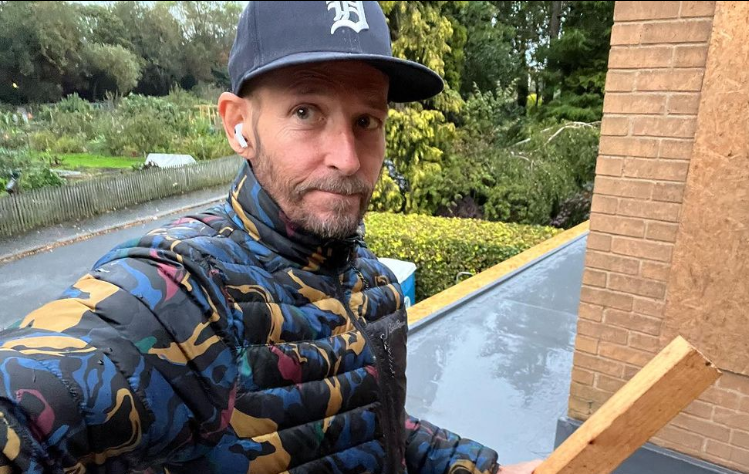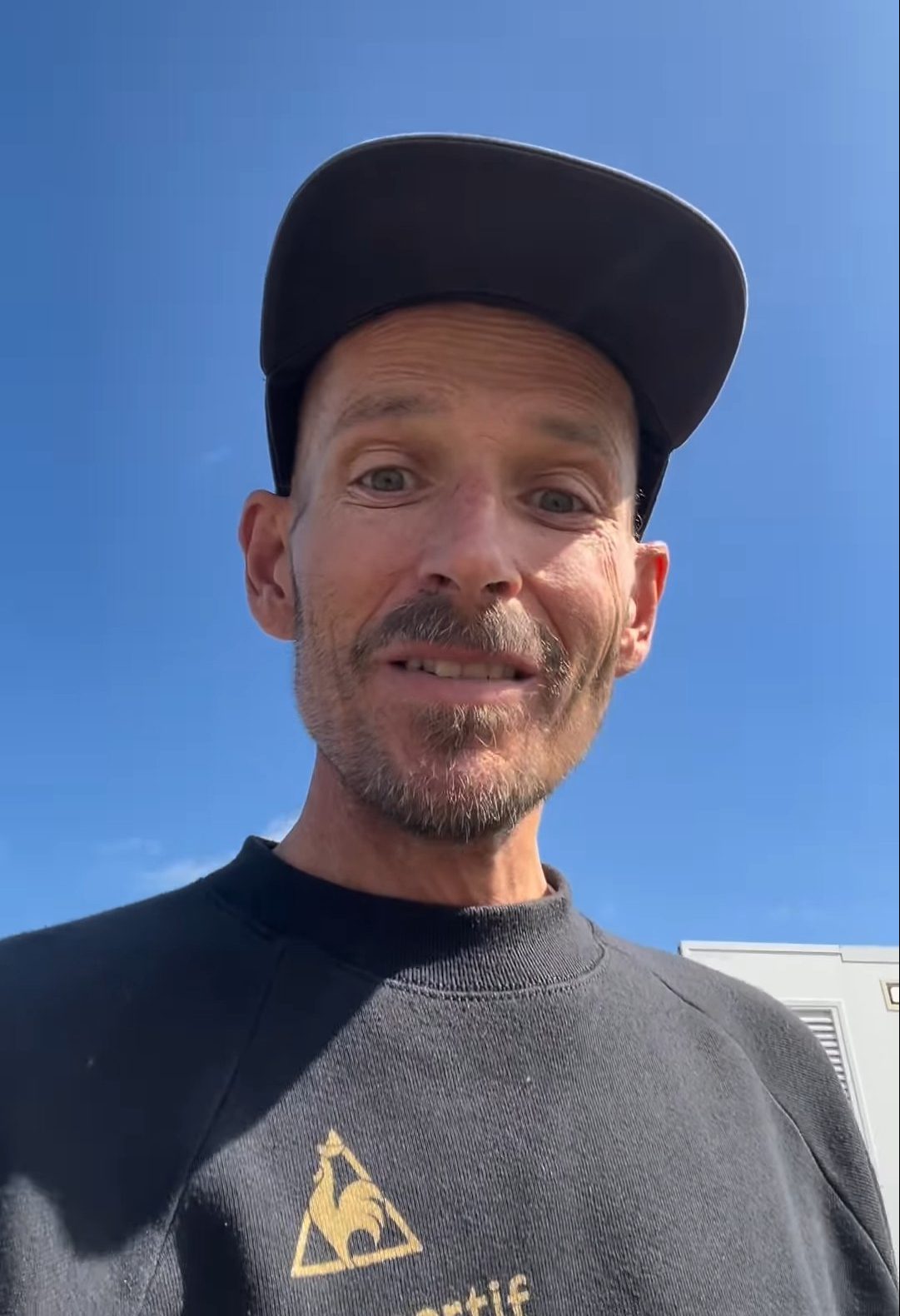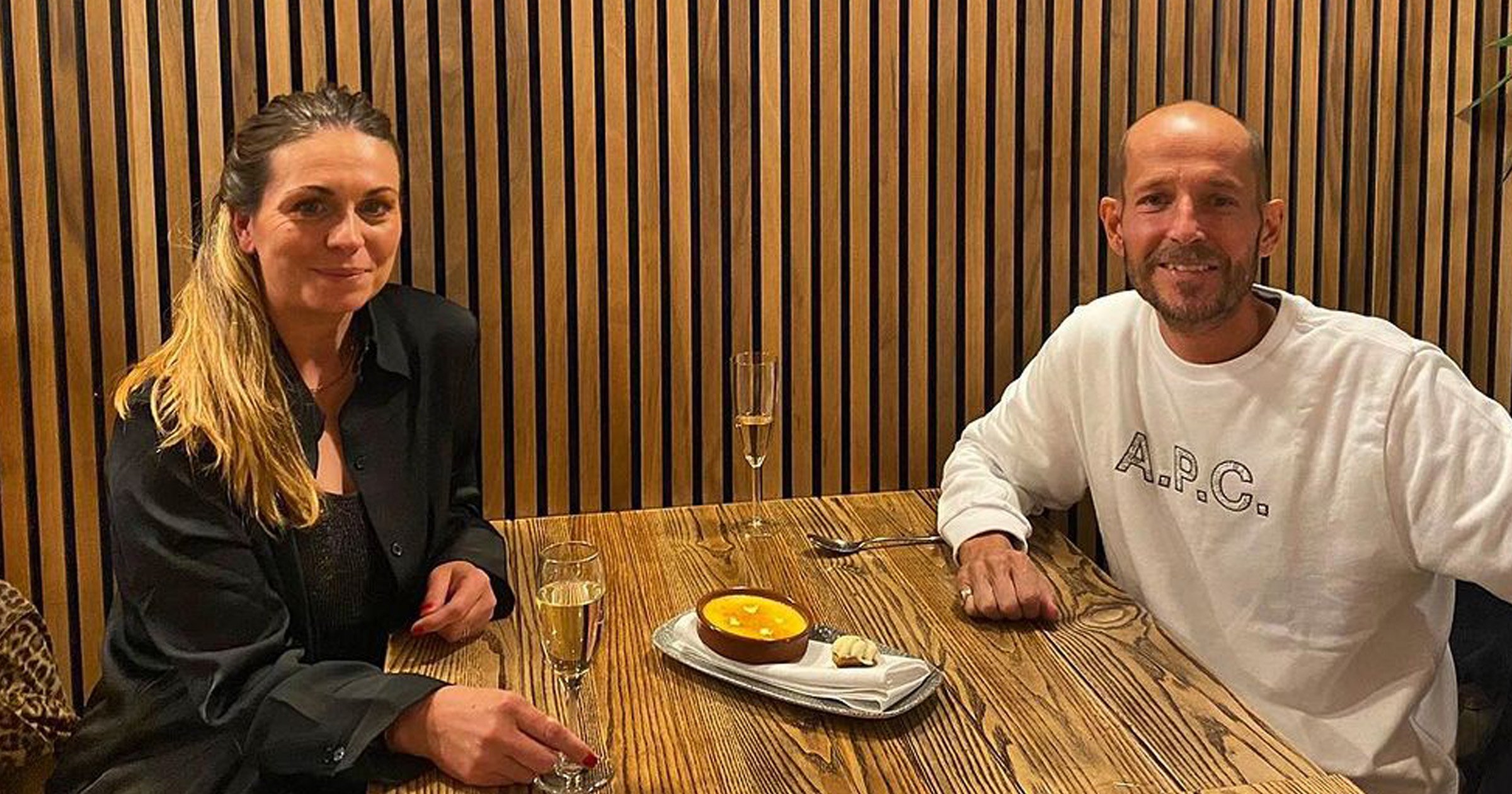
, who has terminal lung , has spoken honestly about his approach to treatment.
was told he had six months to live following a lung cancer in August 2020, which spread to his brain and he publicly shared his stage four prognosis in November 2022.
As well as NHS care, Jonnie is now using alternative therapies including a hyperbaric oxygen chamber, vitamin C and reiki, which he will always inform his oncologist about.
During the Conversations with Jane McLelland, who wrote How To Starve Cancer – the book involves four pillars: eating, exercising, supplements, and off-label drugs which she claims helped her recover from cancer.
During the chat, Jonnie said: ‘It’s a strange relationship with all alternative therapies and diets and whatever from the standard NHS. I’ve got an excellent oncologist and he’s top of his game. He supports me in everything I do.’
He continued: ‘I run past him what alternative drugs I’m taking to make sure he’s okay with it. He can’t prescribe it, he can’t say: “Yes, take that!” because he’s got rules and regulations and I appreciate and honour that. But he can say, “That’s not good”.’

‘You can’t do just one thing,’ Jonnie added of his approach.
He later added that he was ‘lucky’ that he was able to speak to lots of people in the health industry but is suspicious of pharmaceutical companies.
‘The more I research and the more I speak to people on the alternative side outside the “take your pill provided by the NHS”, the more I am wary of the interests of big pharma,’ he said.
‘I’m lucky. My oncologist, I can speak openly to him and he’s quite high up as well. But I know the restrictions that are put upon him. He can’t say certain things to me and I appreciate that but likewise, I want him to be aware of all that I do.’

Jonnie, who is – wife Jessica Holmes, , later added: ‘He’ll do what he can do and I appreciate all of his honesty.
‘But I think anybody working for the NHS or in the UK, they’re not allowed to step outside the box,’ he concluded.
Jonnie praised Jane, and discussed how taking different avenues has kept him hopeful.
‘If I just listened to the prognosis I was preliminary given, I’d be crawling up into a ball and crying myself to death, but I feel much more empowered and much more educated that there’s a sphere of help. Help from the NHS is a massive part of that sphere but there’s also bits and bobs that I can do.’
He continued: ‘It’s a rich kaleidoscope of help that I’m getting and pursuing and I’ll continue to do that. You’ve got to look into alternatives. You’ve got to do your own research.’




















